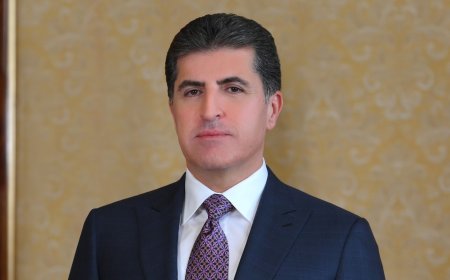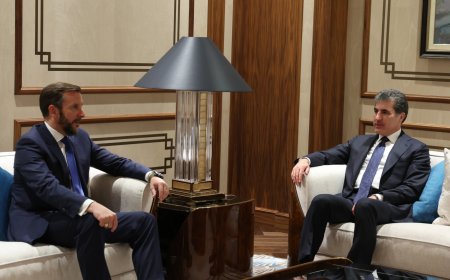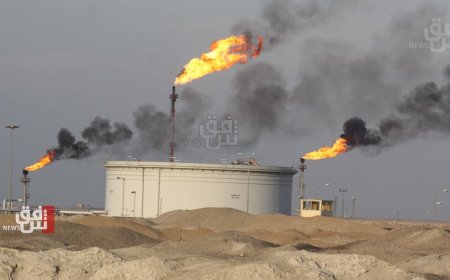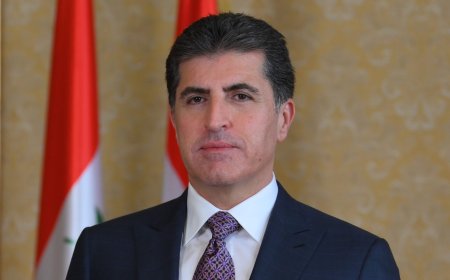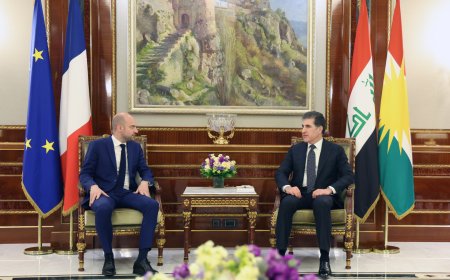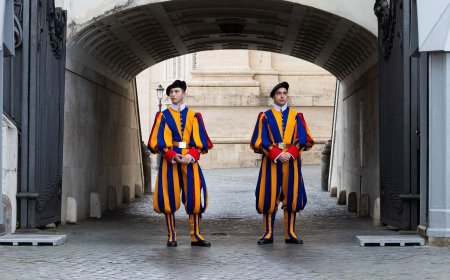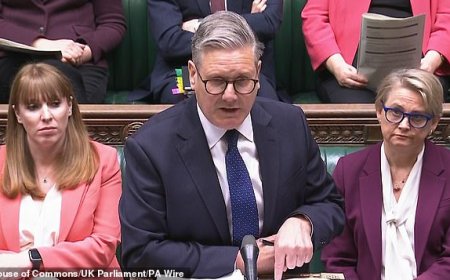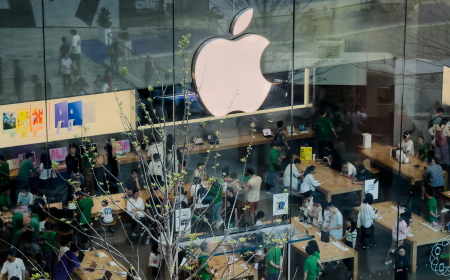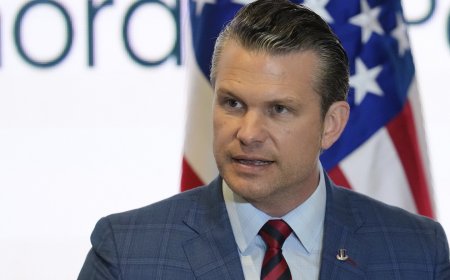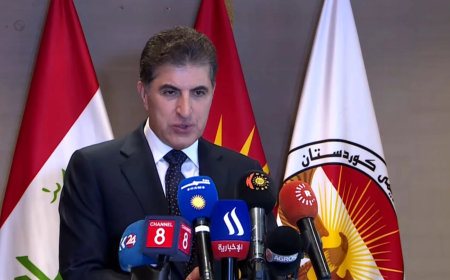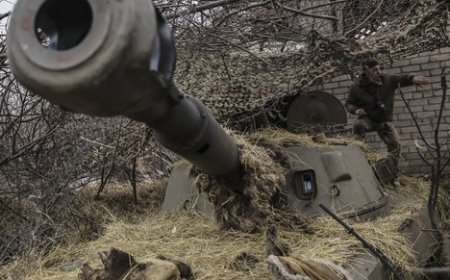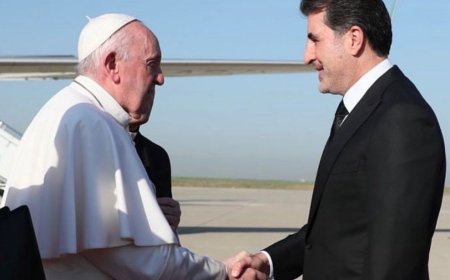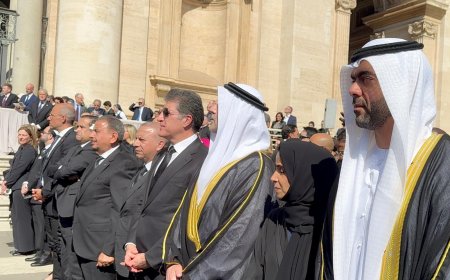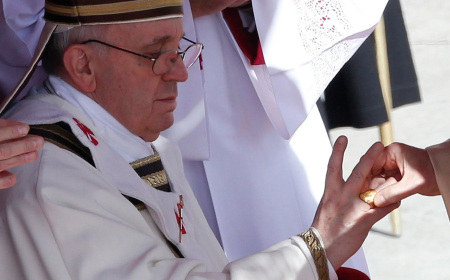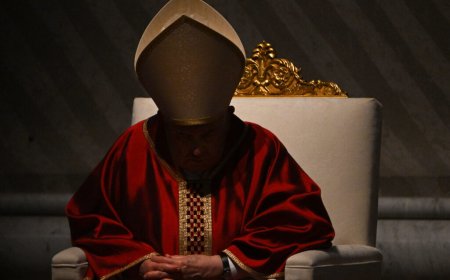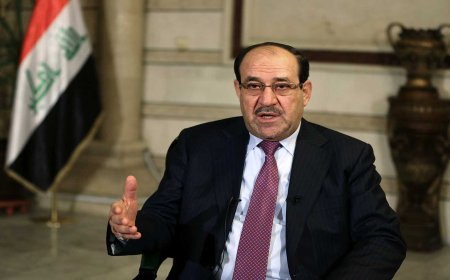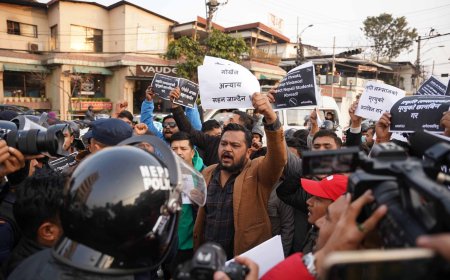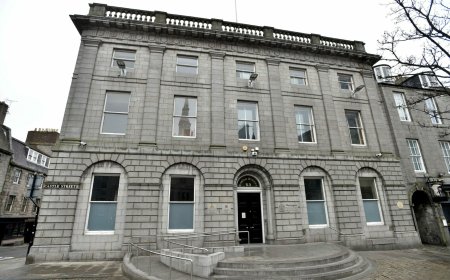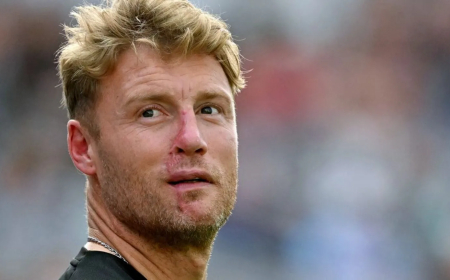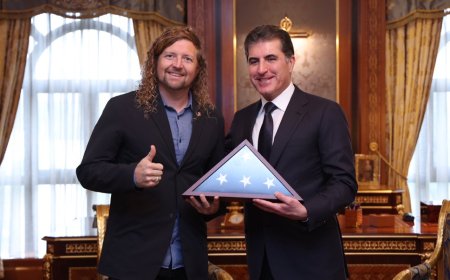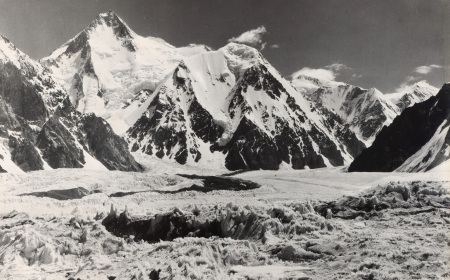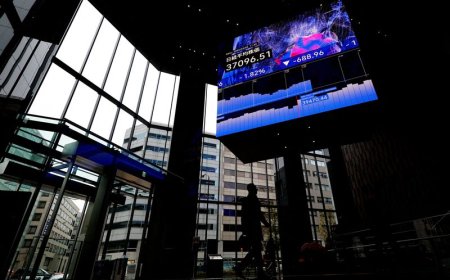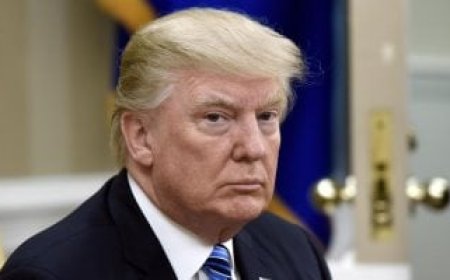Promotion of interfaith dialogue: Pope Francis and the Kurdistan Region of Iraq
Michael EJ Phillips / Lecturer in the Department of French, Salahaddin University
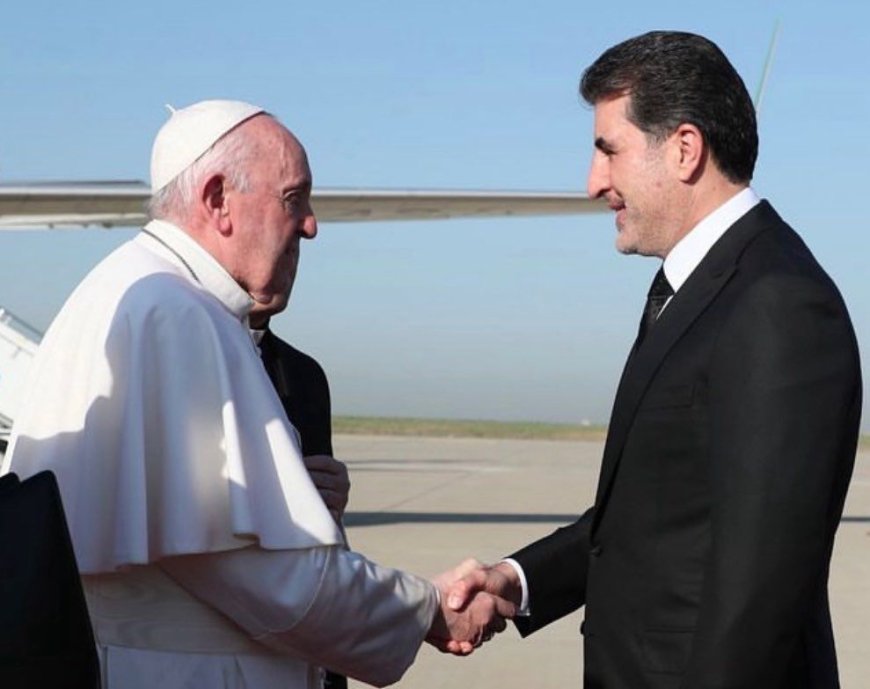
In March 2021, Francis became, despite health and security warnings, the first pope in history to visit Iraq. The late Pope spent four days in the country, travelling to Baghdad, Najaf and areas formerly held by ISIS such as Mosul. His trip concluded in the ancient city of Erbil. Francis’ visit may on the surface have seemed somewhat surprising, especially given the small and declining Iraqi Christian population (currently estimated at around 200,000 – which is down from the ca. 1.5 million before 2003) but there was a cogent logic to his reasoning. This will be outlined and expanded on below.
His predecessor-but-three, Paul VI, was in 1964 the first sitting pope to leave Italy in 150 years; before that, sitting popes did not generally travel outside Italy. Pius VII, the last to do so, was kidnapped by French forces and taken to France during the Napoleonic Wars. Popes did not usually even leave the Vatican. Paul VI’s travel outside Italy was significant for three main reasons. It was the first time a pope had been on a plane, the first time a sitting pope had left Europe, and the first papal visit to Israel with all the connotations that might have carried at the time.
Pope Francis’ visit to Iraqi Catholics in their home towns represented another historic first for the papacy. Another remarkable event was him going to meet the Shia cleric Grand Ayatollah Ali al-Sistani. During this trip, Francis used the opportunity to draw attention to a number of humanitarian issues, including the plight of Christians facing violence in areas controlled by the Islamic State, as well as the significant suffering of the Yazidi community under Islamic State rule. Another key symbolic point was that Francis's visit also helped to establish Iraq as a more stable country than might have been anticipated: a place capable of safely hosting a Catholic pontiff during a major pandemic, it being the time of Covid-19.
Louis Raphaël I Sako, who is the head of the Chaldean Catholic Church and elevated by Francis in 2018 to the position of Cardinal, was an instrumental figure involved in the organisation and logistics of the 2021 papal visit. His stance is very much in the Franciscan tradition of tolerance, interfaith dialogue and peaceful coexistence. Addressing those attending the final Mass of his visit, celebrated by Pope Francis in Erbil, he said that there was “no problem with religions, but with the exploitation of religion for political and economic purposes.”
To this end, President Nechirvan Barzani also addressed those present at the Franso Hariri Stadium. He has described the event as “an important initiative that aligns with the Kurdistan Region’s vision of establishing a culture of co-existence and understanding, away from tension and division. It creates an all-encompassing ground for spiritual and humanitarian dialogue between nations.” He later added that “religious and cultural diversity in Kurdistan has never been a burden, but rather a source of strength and stability, and has always been a source of pride for us.”
Speaking as news of Pope Francis’ passing emerged, Cardinal Sako reflected on his last meeting with the late pontiff. He recalled, “I remember the last time I saw him, he said: Iraq is in my heart.” He added that the successor to Pope Francis should continue his work of promoting interfaith dialogue, especially between Islam and Christianity. The promotion of such dialogue and harmony constituted a hallmark of Francis's twelve year reign, alongside his advocacy for the impoverished, the marginalised, and those adversely affected by armed conflict.
It was in this spirit that President Nechirvan Barzani was invited to represent Iraq and the Kurdistan Region at the funeral of Pope Francis, which took place on 26 April 2025. Taking his place among other world leaders, he released a statement on X in which he said, “I am deeply honored to pay my respects to Pope Francis today in Vatican City, on behalf of Iraq and the Kurdistan Region. His message of peace, compassion, and unity transcends borders and faith, a legacy that will continue to guide and inspire generations to come.”
The ongoing significance of Pope Francis’ visit is that it underlines the important role of religion in building bridges and fostering mutual understanding and peace. While the Iraqi Kurdistan Region is majority Muslim, it is home to a diverse range of ethnicities and religions: a veritable mosaic, including Christians, Yazidis, Sabean-Mandaeans, Zoroastrians, Kaka’is, and Baha’is among others, not to mention those from further afield who have chosen to live and work in this tolerant and peaceful part of the Middle East.
